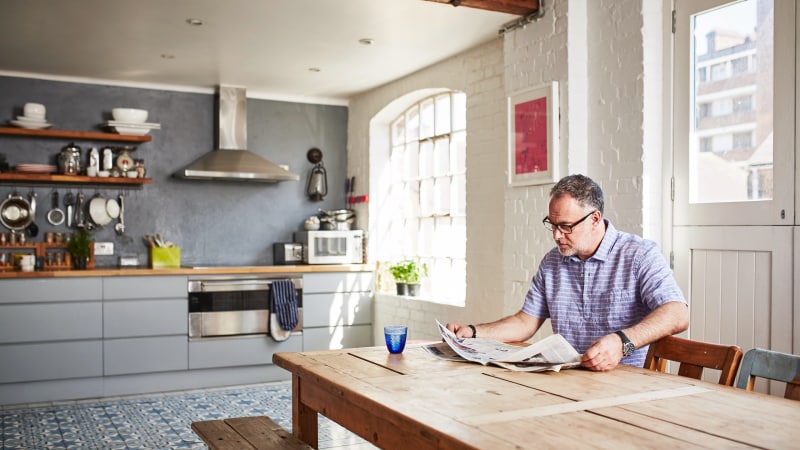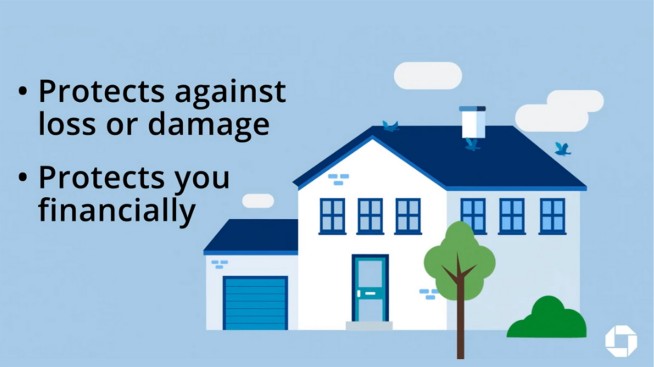How to lower your down payment

Established wisdom says you should save up for a large down payment before attempting to buy a home. Still, life or economic events may mean it's in your best interest to buy a house sooner rather than later.
The down payment dilemma is a common problem for many first-time buyers who have the income to afford a mortgage, but not the savings to secure a traditional home loan. Luckily, there are several home loans that offer low down payment options
A 20% down payment may not be the right choice
It's a common misconception that you must have a 20% down payment before you can buy a house. While it's true that a 20% down payment can give you certain advantages, it's not necessarily the right amount for every homebuyer.
Putting 20% down gives you more equity in your home, eliminates the need for private mortgage insurance and lowers the total amount that you finance. However, you may be "house poor" if you don’t have any savings left to pay other expenses or deal with emergencies.
The amount of money you should spend on a down payment depends on your situation. Putting less than 20% down on your home may be a good idea if any of the following situations apply to you:
- You have a good household income, but haven’t had time to save up for a down payment.
- A large down payment will almost completely deplete your savings.
- A large down payment is the only thing preventing you from buying a home.
The PMI factor
Private mortgage insurance (PMI) is an added expense included in many Conventional loans without a 20% down payment. PMI protects your lender if you default on the loan. Private mortgage insurance increases your monthly payment, but it can also be the solution that allows you to buy a home sooner with a lower down payment.
4 home loans that require little or no down payment
Many conventional loans are set up with the suggestion that you pay a 20% down payment of the home's purchase price. If you have the money available, a sizable down payment can offer a variety of perks.
Still, it's common for first-time homebuyers and those with limited savings to need other options for buying a home. Lenders are aware of that need and offer several mortgage options that require little or no down payment. Consider these options for lowering your down payment requirement and buy the home you've been dreaming of.
1. FHA loans
FHA loans are loans insured by the Federal Housing Administration and provided by traditional lenders. These loans require a 3.5% down payment which can come entirely from gift funds. FHA loans also have other benefits that attract first-time homebuyers, such as no income limits and flexible credit guidelines. FHA loans require an up-front mortgage insurance premium (UFMIP) which may be financed, or paid at closing and monthly insurance premiums will apply.
2. VA loans
U.S. Department of Veterans Affairs (VA) guaranteed loan offers low-or-no-down-payment options, and there’s no monthly mortgage insurance requirement. Veterans, Servicemembers, and members of the National Guard or Reserve may be eligible for a loan guaranteed by the VA. A Certificate of Eligibility (COE) from the VA is required to document eligibility. Qualifying for a VA loan may be easier thanks to flexible credit history guidelines and the ability to use gift funds, which can be a good option for first-time homebuyers.
3. HomeReady® and Home Possible® loans
Backed by Fannie Mae and Freddie Mac, and provided by traditional home mortgage lenders, a HomeReady® mortgage or a Home Possible® mortgage requires a 3% down payment. To qualify for these loan, the entire household income can be included in the application, and borrowers may seek the help of co-borrowers who live outside the home. Homeowner education may be required, and income limits apply. If you put down less than 20% on a conventional loan, Private Mortgage Insurance (PMI) may be required. Chase does not offers HomeReady or Home Possible loans at this time.
4. Conventional 97 loan
The conventional 97 loan provided by Fannie Mae and Freddie Mac requires 3% down and may be a less expensive option than an FHA loan. The entire down payment can come from gifted funds as long as the gifter is related by blood, marriage, legal guardianship, domestic partnership or engagement.
Named for the 97% remaining mortgage balance, a conventional 97 loan is available to borrowers with a credit score as low as 620. Requirements for a conventional 97 home loan include:
- Only fixed-rate mortgages are eligible.
- The property must be a one-unit single-family home, condominium or Planned Urban Development (PUD).
- At least one buyer has not owned a home in 3 years.
- The property must be the owner's primary residence.
- The loan amount in 2025 must be $806,500 or below.
- Homeowner education may be required.
Down payment assistance
If you're eligible for a loan, but can't afford the down payment, you may be able to qualify for down payment assistance. Grants, loans and assistance programs are available across the country to help first-time homebuyers afford a down payment and closing costs for a home loan. If you meet certain eligibility requirements, you may qualify for these types of assistance:
- Grants. Available in many areas to cover the costs of your down payment or closing costs. Unlike a loan, grants provide money to eligible buyers that doesn’t have to be paid back.
- Forgivable loans. Also known as second mortgage down payment assistance programs, these are low or no interest loans that you may not have to pay back if you live in the home for a certain period of time.
- Deferred payment loans. Low or no-interest loans that offer a fixed rate to cover down payment and closing costs. Payments are usually not due unless you sell or refinance the home.
How to choose the right mortgage for your needs
With so many attractive mortgage loan options available it can be difficult to decide which type of mortgage you should apply for. Carefully considering your needs and seeking professional advice can help you make the right choice. The following steps can help you choose the best mortgage for your needs.
- Determine how much house you can comfortably afford. The fact that you can qualify for a certain type of loan doesn't mean it's the loan you should get. Determine how much you can afford based on your current income, expenses and expected interest rate
- Get a firm understanding of how mortgage rates affect your immediate and long-term financial situation. Knowing the facts about different loan types and mortgage rates can help you make an informed choice about your future.
- Talk to a professional. Discussing your personal financial situation with a Home Lending Advisor can help you get a clear picture of your options and how your loan choice may affect your future.
Your down payment is just one factor in your ability to buy a home. While the amount you pay upfront impacts your payments and the final cost of your home, it's not the only consideration when applying for a home loan.
Lenders provide a variety of options to help homeowners with their down payment so they can buy a home. Speak with a Home Lending Advisor today for more information on affordable lending options and available assistance programs.



